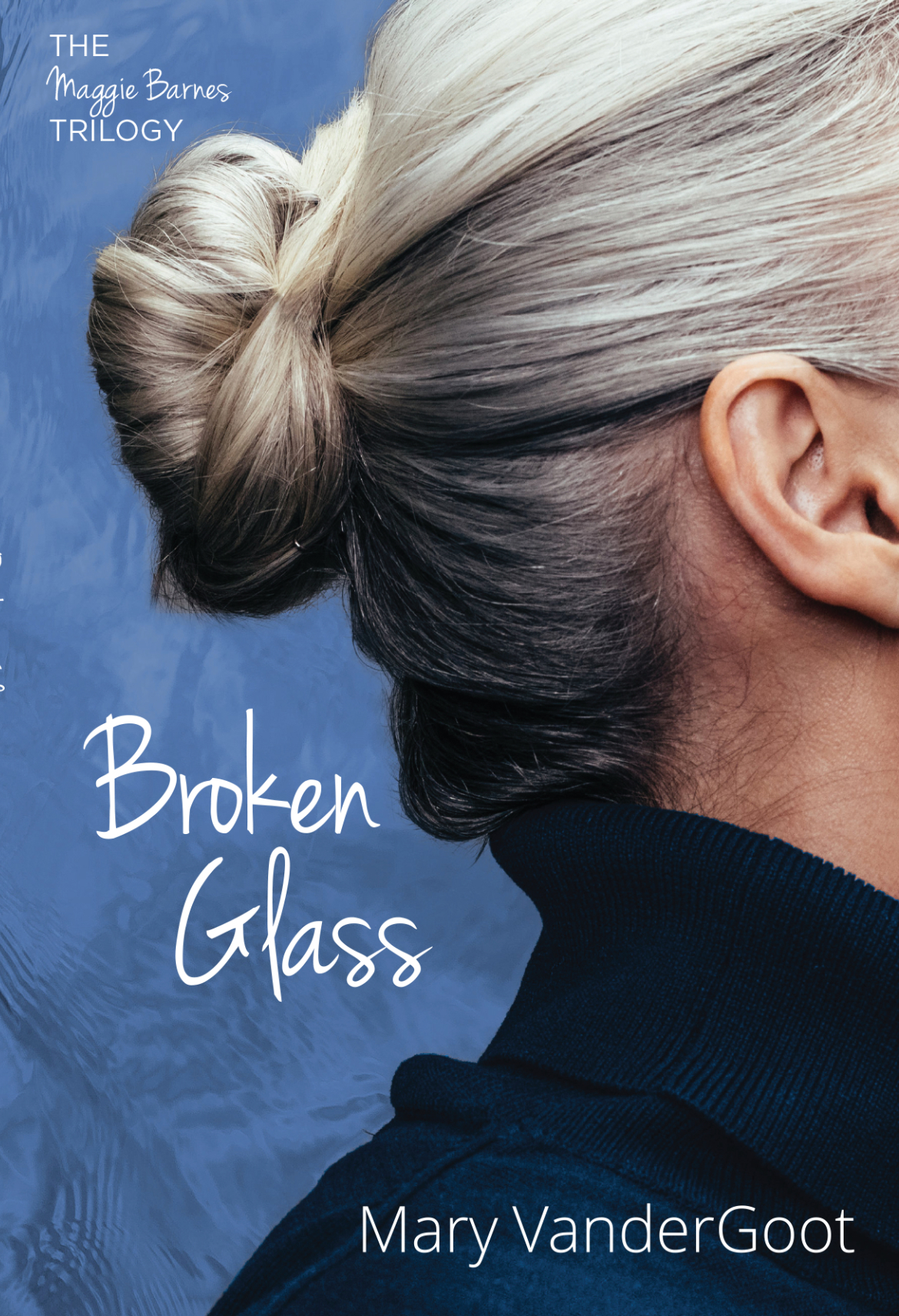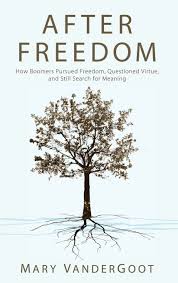PUBLICATIONS
Phantom Fathers
Book 3 of the Maggie Barnes Trilogy

Another story about Maggie Barnes and her family. By digging into online genealogy records and talking with their chatty Aunt Lillian, Maggie's children discover the World War II struggles of their paternal grandparents and their silent father, Ross. It's not a story to make kids proud. They find it easier to be critical of their flawed family and assume the next generation will do better.
Like an autopsy, Phantom Fathers exposes the problems of this thinking. Soon enough these critical children will be the parents of their own adult children, and they will have their day in court. As Maggie's children discover the trauma that tore through their father's life and the way their grandparents dealt with it--brutal events during World War II, desperate decisions that fractured the family, and a dishonorable emigration to the United States--they wonder if they could have done better under the circumstances. Ross's silence begins to make sense.
Most surprising are events that stir the sympathy of disappointed children and open the way to admitting the truth about imperfect ancestors.
Published by Resource Publications, an Imprint of Wipf and Stock Publishers, 2022
A Certain Slant
Book 2 of the Maggie Barnes Trilogy

When he inherits his mother's diaries shortly after her death, Rowland discovers a side of Maggie Barnes that he never knew. Through her words, Maggie emerges as a remarkably different person from the caretaking mother Rowland remembers. In an effort to make sense of who his mother really was, Rowland reaches out to her dear friends for help and explanation.
Learning about the lively and passionate side of his mother not only makes a profound impact on Rowland's own identity, but it also prepares him to be a more authentic father to his own children.
Published by Resource Publications, an Imprint of Wipf and Stock Publishers, 2021
Broken Glass
Book 1 of the Maggie Barnes Trilogy

Broken Glass is a candid family saga that weaves together conflict and redemption. Maggie is a widow, and her four adult children are navigating their own complicated lives while blaming their parents for the way they were raised.
In the unexpected company of a nurse who is helping her recover from an accident, Maggie encounters a young person who is unlike her children in almost every respect. Disarmed by the acceptance of her young companion, Maggie sorts through the rubble of her memories and reveals secrets she has kept from her own children.
Discovering the courage that comes from facing her own ghosts, Maggie mends family relationships where she can and makes room in her heart to accept her family as it is.
Download the Discussion Guide [PDF]
Published by Resource Publications, an Imprint of Wipf and Stock Publishers, 2019
Praise for Broken Glass
“Broken Glass weaves a delicate tapestry of generations within a single family as seen by its aged materfamilias who wishes to understand and reckon with those she loves most. It is throughout tender, moving, and without mush, the narrator knowing too much to condemn or sanctify anyone, including herself. Within these mysteries of selfhood and family are events of wonder, pathos, and delight – in short, the splendor and puzzle of being alive.”
— Roy M. Anker, author of Beautiful Light
“Mary VanderGoot thoughtfully describes the complexities of life and relationships in a way that guides the reader to a sympathetic understanding of each character.”
— Julie Yonker, Associate Professor of Psychology, Calvin University
“In Broken Glass, Mary VanderGoot offers us Maggie, who helps us find the extraordinary in the ordinary as she reminisces about her family. We find a narrator that is all of us as we come to terms with loss, getting older, and the legacy we leave behind as we navigate ground that is covered with the broken glass of our regrets. VanderGoot has written a powerful and hopeful book that will stay with me long after its final pages.”
— Ruben Degollado, author of Throw
After Freedom
Published by Cascade Books, an Imprint of Wipf and Stock Publishers, 2012
The youngest Boomers are not quite fifty; the oldest have already turned sixty-five. A generation that started out in the 1960s, determined to be young forever, is now asking what the point is of growing old. Convinced they were special, Boomers discounted authority and charted their own course. They believed they could make the world better by pursuing freedom.
The legacy of the Boomer experiment is becoming evident. Freedoms that were new when Boomers were young are now taken for granted, and we are living “after freedom.” Are our freedoms real or illusory? Can we count on anything to be certain? Do virtue and character matter? In a secular age can we recover respect for the sacred?
The time is ripe for Boomers to reconsider those good things in the past they refused to honor, to voice their blessings for generations who will shape the future, and to reclaim conviction as they stand firm and dare to say, “This is what I believe.”
Praise for After Freedom
''Baby Boomers, this is for you! With so many of us still on the planet, it's not surprising that we have gleaned more than a fair share of attention. We've been identified as today's leaders, consumers, investors, philanthropists; the people to court, analyze, enlist, survey, and solicit. Mary VanderGoot's astute observations and incisive conclusions make a timely contribution to understanding this generation and its effect on those who are following.''
— Harry Stout, Yale University
"A psychotherapist examines the collective mindset of baby boomers and offers advice. . .[the author’s] statements about courage and standing up for what one believes will resonate.. . All perspectives aside, some of VanderGoot’s personal prescriptions will indeed be valuable to individuals of any generation."
— Kirkus Reviews
''In a time when superficiality trumps depth, Dr. VanderGoot provides thoughtful, solid reasons for investing in the lives of other people. In her hands, perceptions of aging are transformed from a long, slow decline into one of life's great, good gifts.''
— Helen M. Sterk, Western Kentucky University
